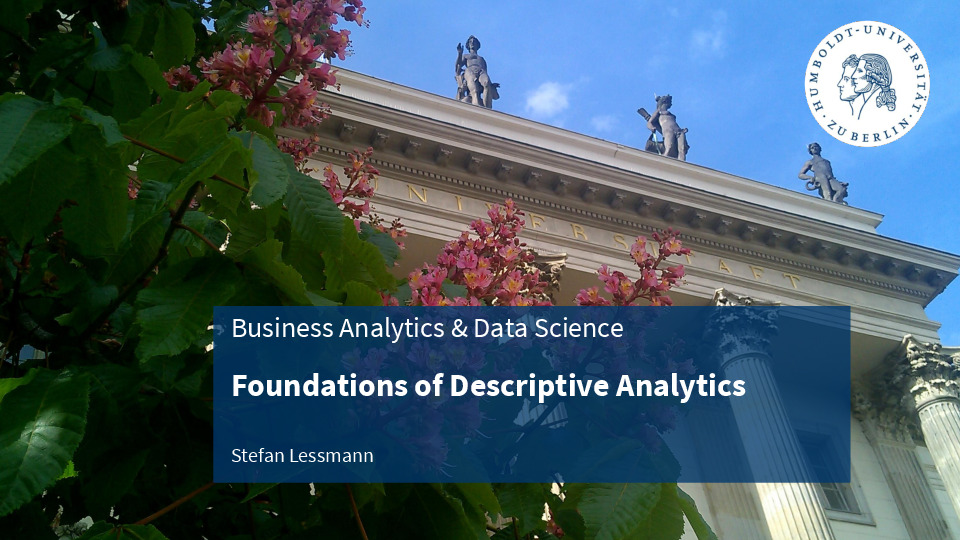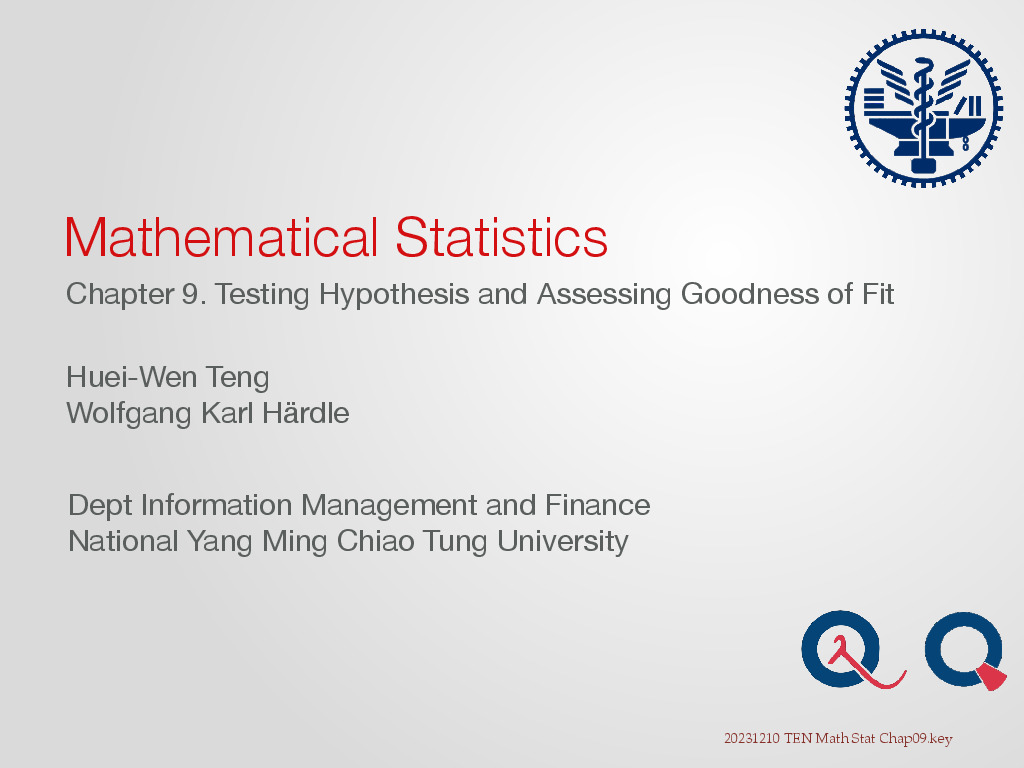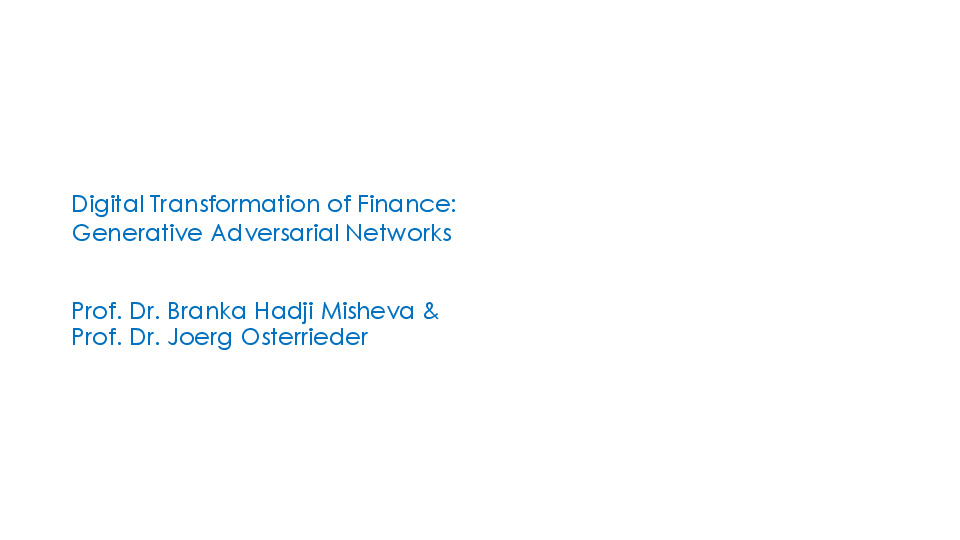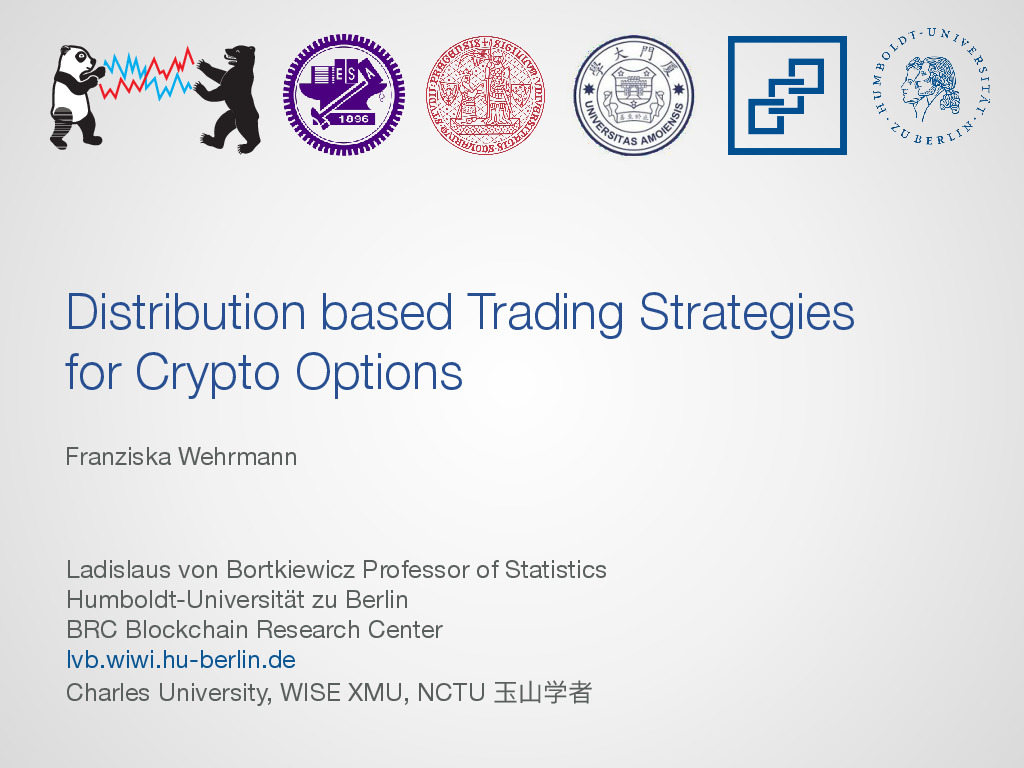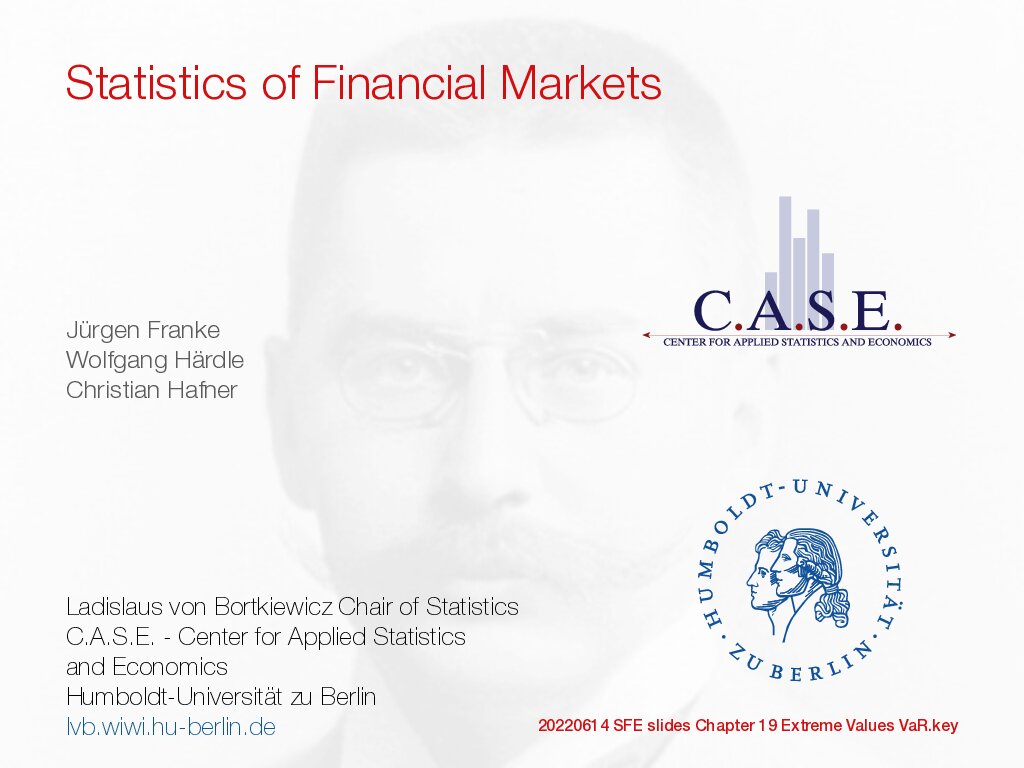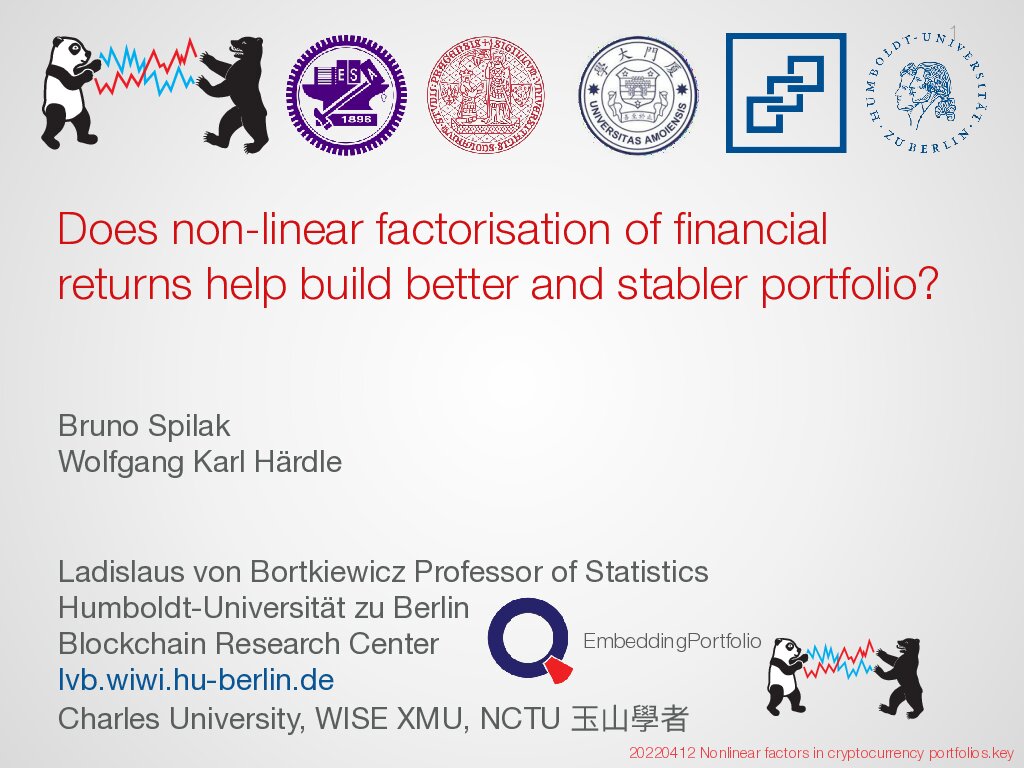Foundations of Descriptive Analytics- Part 1
-
- 0 Rating
- 0 Reviews
- 1 Students Enrolled
Foundations of Descriptive Analytics- Part 1
In this section, you will explore the foundations of descriptive analytics within the realm of unsupervised learning. You'll learn essential concepts and techniques to uncover patterns and insights from data without predefined labels. This includes revisiting business analytics definitions, understanding the analytics process model, and diving into various data structures and types.
-
- 0 Rating
- 0 Reviews
- 1 Students Enrolled
Requirements
- - no specific requirements - working knowledge of multivariate statistics is useful - prior experiences with computer programming are helpful but not mandatory
General Overview
Description
The "1.Foundations of Descriptive Analytics" section of this course delves into the core principles and methodologies of unsupervised learning, a key area in business analytics and data science. This section is designed to equip you with the skills to analyze and interpret data to extract meaningful patterns and insights, even when no predefined labels are present.
Detailed Content Overview
-
Business Analytics Revisited:
- Definitions: Revisit the fundamental concepts of business analytics, clarifying key terms and their relevance in the analytics landscape.
- Analytics Process Model: Understand the comprehensive analytics process model that guides the journey from identifying business problems to deploying solutions. This includes:
- Identifying business problems
- Selecting and cleaning data
- Building and interpreting models
- Deploying solutions
- Data Structure: Learn about different data structures used in analytics and how they impact the analytical process.
-
It’s All About Data:
- Types of Data: Gain insights into various types of data, including structured and unstructured data, and their specific applications in business analytics.
- Terminology: Familiarize yourself with essential data-related terminology to better understand and communicate analytical concepts.
- Formalism: Explore the formal aspects of data management and analysis, ensuring a strong foundational understanding.
-
Descriptive Analytics Techniques:
- Although detailed techniques such as clustering and dimensionality reduction are covered in subsequent parts of the course, this section sets the stage by providing the necessary groundwork.
Learning Objectives
- Understand and articulate the key definitions and scope of business analytics.
- Master the analytics process model and its components, from problem identification to solution deployment.
- Identify and describe different types of data and their uses in business analytics.
- Gain familiarity with essential data-related terminology and formal aspects of data analysis.
- Develop a foundational understanding of data structures and their role in analytics.
Recommendations
There are no strict previous requirements needed to start this section. However, continuous engagement and completing the videos in the recommended section along with the provided PDFs will significantly enhance your understanding. Upon completion, the next recommended section is "Foundations of Descriptive Analytics- Part 2".
Recommended for you
Meet the instructors !
I'm Saloni, a student assistant at HU Berlin. Currently, I'm immersed in managing video content and crafting courselets for business analytics.
Stefan received a PhD from the University of Hamburg in 2007, where he also completed his habilitation on decision analysis and support using ensemble forecasting models in 2012. He then joined the Humboldt-University of Berlin in 2014, where he heads the Chair of Information Systems at the School of Business and Economics. He serves as an associate editor for the International Journal of Business Analytics, Digital Finance, and the International Journal of Forecasting, and as department editor of Business and Information System Engineering (BISE). Stefan has secured substantial amounts of research funding and published several papers in leading international journals and conferences. His research concerns the support of managerial decision-making using quantitative empirical methods. He specializes in applications of (deep) machine learning techniques in the broad scope of marketing and risk analytics. Stefan actively participates in knowledge transfer and consulting projects with industry partners; from start-up companies to global players and not-for-profit organizations.




